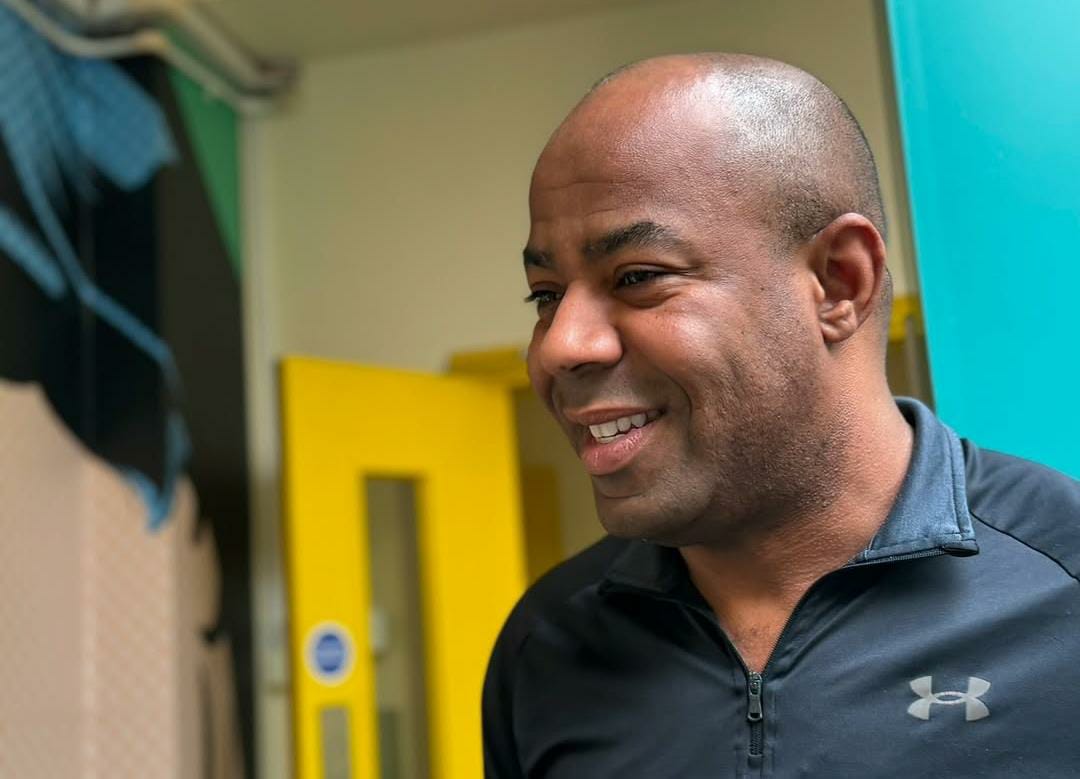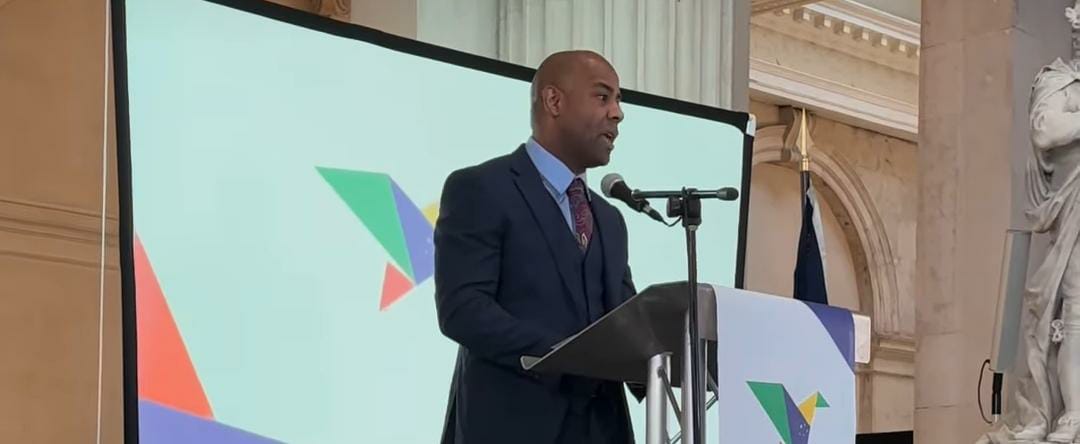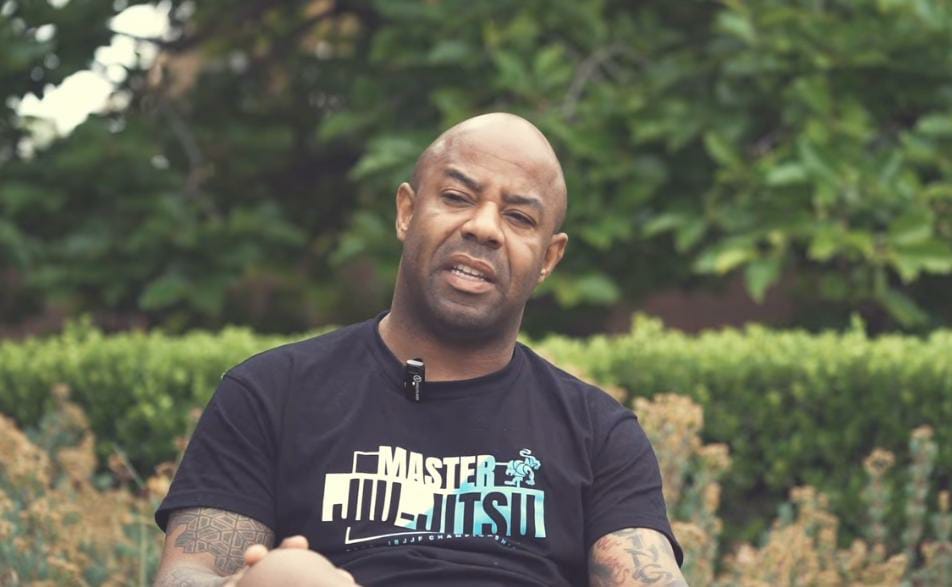There’s a silent obsession with brilliant ideas. The next big breakthrough, the perfect strategy, the insight that will change everything.
The problem is that, in practice, results rarely stem from these brilliant breakthroughs. They come from simple habits, repeated consistently.
Ideas impress. Habits build.
A good idea may open doors, but only habit keeps those doors open.
The market is full of intelligent, creative people with plans that never leave the drawing board. Not for lack of ability, but for lack of routine.
What truly drives results is doing the basics well every day. Delivering quality. Studying continuously.
Adjusting small details. Repeating processes that work. None of this is exciting, but all of it is effective.
Simple habits have a powerful advantage: they are sustainable. Unlike big, one-off changes, they don’t require heroic effort.
They require commitment. Commitment is something that can be maintained in the long term.
Another common mistake is overestimating intensity and underestimating repetition. Working hard for a short time creates a feeling of progress, but doesn’t build a solid foundation.
Moderate effort, repeated consistently, accumulates a silent advantage.
In the professional environment, those who grow predictably are those who maintain standards. Those who deliver well today, tomorrow, and the day after.
Those who don’t depend on inspiration to function. Those who transform the basic into excellence through repetition.
Habits also reduce emotional noise. When there is routine, the focus shifts from “how I feel” to “what needs to be done.”
Less internal negotiation, more execution. Less fluctuation, more progress.
Results are not isolated events. They are a direct consequence of what is done frequently. Small daily actions shape great trajectories.
And, in the long run, the sum of these actions almost always surpasses any brilliant idea that was never sustained.
In the end, those who understand this stop looking for magic solutions and start building systems.
Because ideas may start a movement, but it’s simple, consistent habits that truly lead somewhere.










